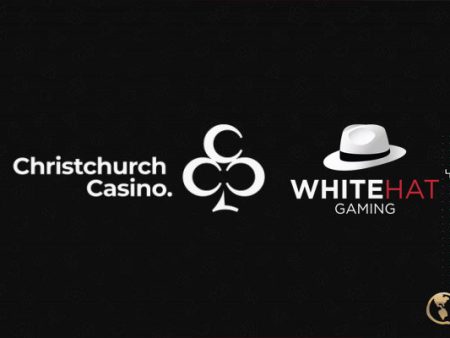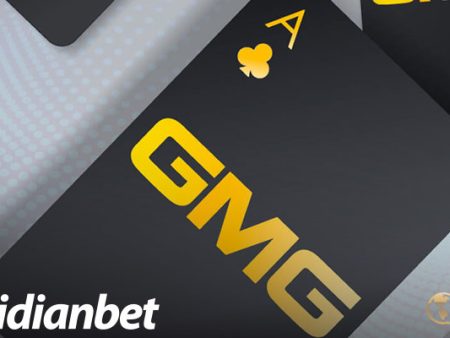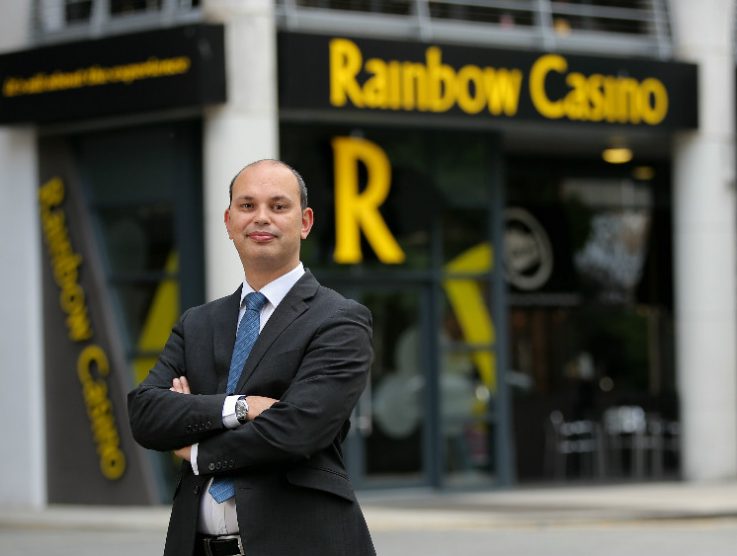The Czech Republic has introduced a significant tax reform that has sent shockwaves through the country’s gaming industry, particularly affecting operators of slot machines. This change comes as part of a broader effort by the government to regulate and enhance the taxation of gambling activities within the country. In this comprehensive report, we delve into the details of these new tax regulations, their implications for Czech slot operators, and the broader context of the Czech gaming industry.
The Czech Gambling Market: An Overview
The Czech Republic has a thriving gambling market that encompasses various forms of gaming, including sports betting, lottery, and casino games. However, it’s the slot machine sector that is currently facing the most substantial impact from the recently implemented tax reforms.
Before the new tax regulations, the Czech Republic already had a relatively high tax rate for the gaming industry. Operators were required to pay a 35% tax on their gross gaming revenue, which included revenue from all gaming activities, such as sports betting, lotteries, and slot machines. However, the government’s primary focus with the latest reforms was on slot machines, which were perceived as a significant source of potential revenue.
The New Tax Regulations
The most significant change brought about by the new tax regulations is the implementation of a unified tax rate specifically for slot machine operators. This tax rate has been set at an astounding 35% of gross gaming revenue. While this percentage may not seem dramatically different from the previous tax rate, the key change is that it now exclusively targets the revenue generated by slot machines.
This new tax regime came into effect in January 2023, and it significantly impacts the profitability of slot machine operators across the Czech Republic. The industry had previously enjoyed a more lenient tax structure that imposed a flat fee per slot machine. Operators paid CZK 200,000 (approximately €7,700) per machine per month. This model allowed for more predictability in tax expenses and offered certain advantages to operators with larger numbers of machines.
The Implications for Slot Operators
The shift from a flat fee per machine to a percentage tax on gross gaming revenue has created financial challenges for many slot machine operators. The previous tax structure allowed them to budget more easily and manage their expenses. With the new tax regulations, operators now face a more complex tax calculation that directly impacts their bottom line. As a result, many operators have had to reassess their financial strategies and operational models.
The 35% tax rate on gross gaming revenue is particularly burdensome for smaller operators with limited resources. It places considerable pressure on their profitability and could lead to some operators exiting the market altogether. The larger operators, although better equipped to handle the increased tax burden, are still experiencing the financial impact of the reforms.
The Broader Context of Czech Gambling Regulation
The Czech Republic has been actively regulating its gambling industry in recent years. Prior to the tax reforms, the country introduced legislation that allowed foreign operators to apply for licenses to operate in the Czech market. This move aimed to create a more competitive and open market, benefiting both operators and consumers.
However, the imposition of the 35% tax rate on slot machine operators represents a shift in the government’s approach. While the intention may be to increase tax revenue and address potential gambling-related issues, it has raised concerns among operators about the sustainability of their businesses.
Operator Responses and Challenges Ahead
In response to the new tax regulations, many slot machine operators are exploring various strategies to mitigate the impact on their businesses. Some have considered reducing the number of machines in operation to lower their tax liabilities. Others are seeking opportunities to diversify their revenue streams by expanding into other areas of the gaming industry, such as sports betting or online casinos, where tax rates may be more favorable.
One challenge that operators face is maintaining the same level of service and entertainment for their customers while dealing with increased financial pressures. This may require adjusting payouts, introducing new games, or optimizing operational efficiencies.
The Czech Republic’s lower house has given its final approval to a bill that will raise taxes on betting firms starting next year. The new legislation targets the gaming industry and aims to both increase state revenue and address concerns related to problem gambling.
Under the new law, the tax on slot machines will be increased from 28% to 35%, while other sectors like sports betting and lotteries will remain taxed at 23%. These tax rates are in addition to the regular corporate tax rate of 19%.
Reports indicate that Czech citizens spent CZK138 billion (approximately €5.1 billion)
Equivalent to about 3.5% of the country’s annual economic output, on gambling in 2014. Of this total, over half was attributed to mechanical and video slot machines.
The primary objectives of this tax increase are twofold. First, it is expected to boost state revenue, with the Finance Ministry estimating an annual increase of around CZK1.5 billion (about €55.4 million). Second, the bill aims to address the issue of problem gambling, which has been a growing concern in the country.
In addition to the tax increase, a separate bill, which must still be approved by the Senate, will introduce stricter regulations for the use of slot machines and video-lottery terminals. These measures are intended to create a safer and more responsible gambling environment.
The new legislation also includes provisions to open up the Czech Republic’s online gaming market. The existing laws were deemed insufficient to regulate the online market effectively and were considered restrictive for licensed operators overseen by the State Supervision of Gambling and Lotteries Department of the Ministry of Finance. Currently, there are five licensed operators in the Czech Republic, including Sazka, Synot Tip, Chance, Fortuna, and Tipsport.
Licensed operators have long expressed concerns about the existing tax laws, which they argue have limited their growth and competitiveness when compared to unlicensed operators. The new tax measures are expected to level the playing field for licensed operators and help create a fairer and more regulated gambling industry in the Czech Republic.
Conclusion: A Challenging Landscape for Czech Slot Operators
The introduction of a 35% tax rate on gross gaming revenue for slot machine operators in the Czech Republic has created a challenging landscape for businesses in the sector. Smaller operators, in particular, are grappling with the financial implications and are forced to adapt their strategies to survive in this new regulatory environment.
The broader context of Czech gambling regulation, which includes efforts to create a more open and competitive market, makes the impact of the new tax regulations even more significant. It remains to be seen how the industry will evolve in response to these changes and whether further adjustments or accommodations will be made to support the sustainability of slot machine operators in the Czech Republic.




















